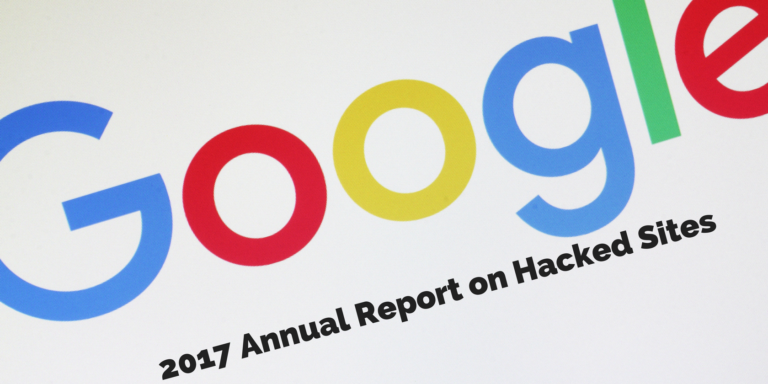
Google released its annual review of hacked sites as part of its #NoHacked campaign, revealing the number of hacked sites grew by 32% in 2016 compared to 2015.
The company warns the trend in the growing number of hacked sites is not expected to slow down any time soon, especially as hackers become more aggressive and webmasters let their sites become outdated.
Site hacks hurt rankings, though Google revealed 84% of webmasters who submit a reconsideration request after cleaning up their site are successful. Unfortunately, Google was not able to inform 61% of site owners about site hacks because their sites were not verified in Search Console.
Google Increases Efforts to Help Webmasters With Site Hacks
Google is dedicated to assisting webmasters with site hacks. One of the ways it’s ramping up its efforts is to provide more useful documentation to refer to if and when a site gets hacked.
New help documents Google has recently released include:
Google has also released new help documents for specific types of common site hacks. These include:
- Gibberish Hack: A gibberish hack automatically generates multiple pages of keyword-stuffed sentences which don’t make any sense when strung together, but somehow end up ranking in search. When the page is visited, the user is redirected to an unrelated page.
- Japanese Keywords Hacks: A Japanese keywords hack automatically generates multiple pages of Japanese text, which are monetized with affiliate links. In some instances, the hackers get added in Search Console as site owners.
- Cloaked Keywords Hack: A cloaked keywords hack involves automatically generating multiple pages filled with links, images, and sentences which do not make any sense. At first glance, the pages appear to be a normal part of the site because they are created using the same template as other pages on the site.
Google’s Recommendations
Google’s top recommendation for dealing with site hacks is to prevent them from happening in the first place. This can be best accomplished by staying up-to-date on releases and announcements from your Content Management System (CMS) providers and software/hardware vendors.


